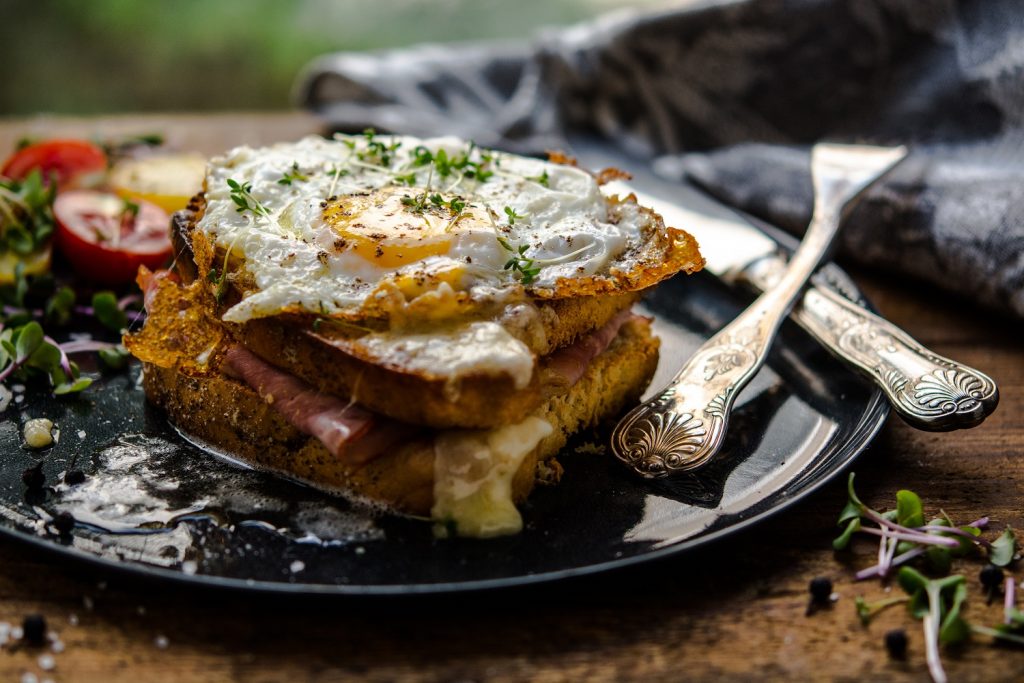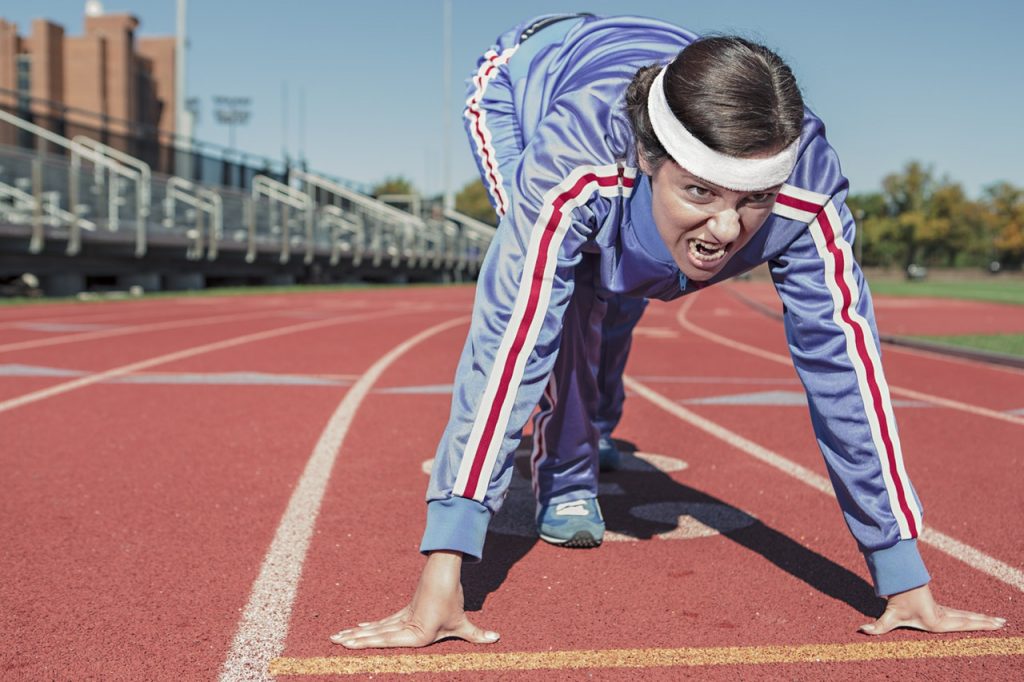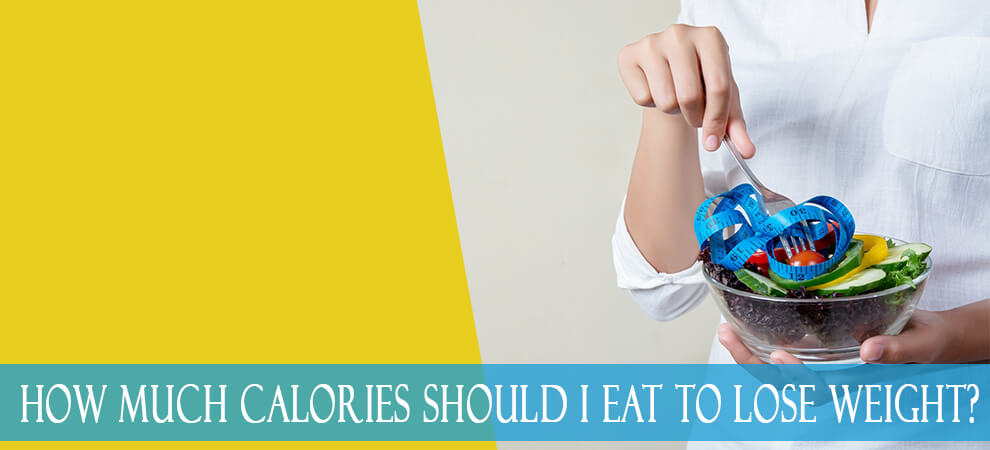Ah, that age-old question. It comes up in conversation pretty much every second, inevitably. Someone, somewhere, will be wondering all about calorie consumption right this second. And, because you’re reading this, I bet that includes you!
I’ve often wondered what calorie consumption is right for me, how many calories I should (try and) stick to daily and even how I’m going to find that out in the first place. Especially when I’m trying to lose a few pounds, because let’s face it, we all are at some point in life or another. It’s something that’s always been a hot topic and gets talked about way more than you’d think.
When I first wanted to know the deepest and meaningful answer, I, like many others before me, I’m sure, headed straight to Google. It’s hard to find a straight answer though, and I doubt you’ll disagree with me here.
The first stumbling block I hit was genetic makeup, followed closely by lifestyle factors. There seems to be a lot of information about calories, what they are and what they do, but not an awful lot of actually useful stuff that can help us all stick to a level that’s healthy for us.
I’m not going to be a huge pessimist, however, as I do know that it really does depend upon the individual, but boy don’t I wish it were much easier to find out what those influential factors were and how I’d be able to work it all out for myself, wouldn’t you agree?
So, that’s pretty much what I’ve done. It took a lot of research (and patience for that matter), but I finally have a realistic and sensible answer.
Table of Contents
We All Start Somewhere

It might sound silly, but this really is the starting point. Figuring out how to begin is just as hard as carrying out the right calorie consumption. After finally making sense of all the expert opinions, scientific data, and professional recommendations, it can seem a little bit confusing, but I think I’ve managed to push through that haze and onto something substantial.
Firstly (and it might seem a little strange that I’ve jumped straight from calorie counting to weight, but stick with me), it does matter how you weigh yourself and when. Whether you do it in stones and pounds or kilograms, you’ll need to know exactly where you are at the start of your journey. Otherwise, how are you really going to know how well you’re doing.
Weigh yourself in the mornings when you first wake up, before you eat anything. This is your body’s natural weight.[1] Throughout the day, before and after eating, you can weigh different amounts, so it’s always best to stick to the same time so that you know you’re being accurate. Hydration can also have a huge impact on your weight, making you fluctuate a few pounds by being hydrated versus dehydrated.
Then it’s on to what you should eat, how much of it and probably the most important of all, how to track it!
Working It All Out
It’s important to remember not to starve yourself. I feel like I have to add this in as calorie reduction is not about being hungry, but controlling the kind of foods you eat to have a more balanced diet.
From people I know to stories I’ve read about and even overheard comments from strangers, it’s so easy to go from having a vision of being healthy and losing some weight to obsession and borderline starvation. And that’s not the ultimate goal, now is it. So, you should always, always, always stick to what’s been recommended and never let anything slip if you can help it.

Okay, so we all have the odd naughty moment now and again, but then again, that’s why treats were invented surely. But make sure you don’t put your body and health by doing the exact opposite. It could cause you more damage than you’d realize.
Plus, skipping a meal is scientifically proven to cause hunger and result in binges that we really didn’t plan for.
Sticking to the Basics
This might sound obvious, but it is hard to remember. When you’re counting calories for weight loss, it’s good to remember some of the basics of nutrition. That way, your weight loss with being healthy, more effective and long-standing. There’s nothing worse than losing weight too quickly, the wrong way, for it only to go back on again in a few weeks time!
Protein, protein, protein. There’s a reason why health nuts love it. It’s low in bad fats and barely has any carbohydrates. Not only with a high in protein help the weight to fall right off, but it also keeps you fuller for longer, thus getting rid of those annoying cravings! Weight wise, it’s perfect for speeding up your metabolism and helping your body to burn off more calories – definitely something we all want to hear!
With most protein sources being low in carbohydrates, it’s worth making sure you mind your carbs in other food sources too. We’re not talking Atkins extreme here, but a low-carb diet is effective for weight loss. Not only does it mean that your calorie intake will automatically reduce, but your body will thank you for it. Most carb sources can be difficult for our bodies to digest and can end up being stored as fat because of this. So low carb is just a win-win choice here!
Likewise, cutting out the sugary drinks will do you wonders. I know this seems like a cliche, but it is for a reason. Not only are they full of carbs (see that whole automatic calorie reduction thing comes into play here) but they’re awful for encouraging cravings and spikes in your blood sugar levels!
If you can, try and up your water intake. It doesn’t sound fun, but the results certainly are. When you drink more water, you get fewer cravings. Sometimes all your body needs is a little hydration, and it will run a lot more efficiently. It is also great for your skin, hair, eyes, and nails – you’ll start to see a dramatic improvement in all of them before long.

And Finally, How to Count the Calories
The part you’ve all been waiting for right? Well, there is a range of calorie calculators online that can help. Like MyFitnessPal. You simply enter in your details, and you’re good to go. It tells you what you should stick to and helps you track what you’ve eaten.
You’ll even find helpful recipe ideas to keep you on track! So, it is easier than you thought after all!
Resources
[1] https://www.womenshealthmag.com/weight-loss/a19925650/maintaining-a-healthy-weight/

